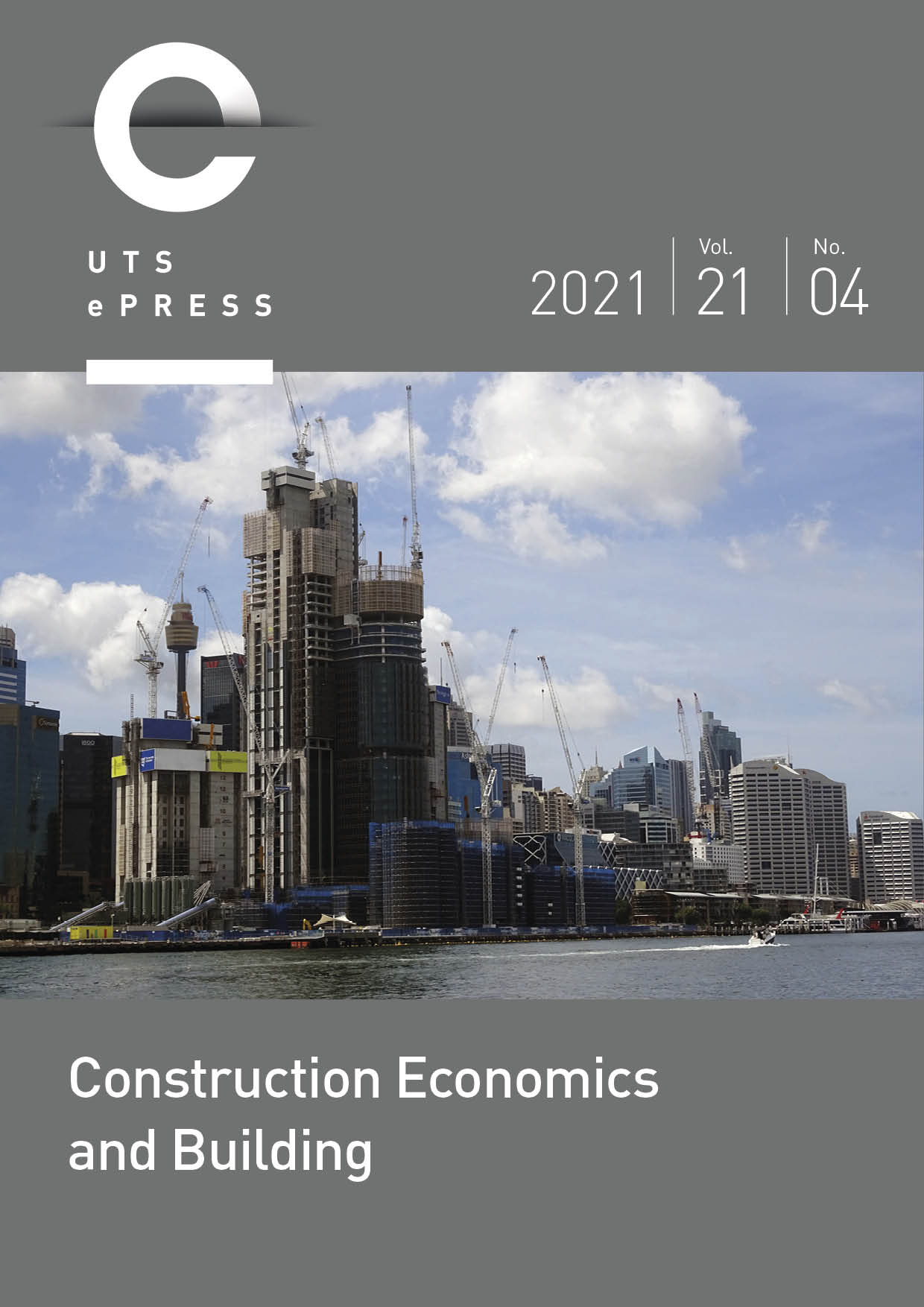Role Conflict Related Job Stress among Construction Project Professionals: The Moderating Role of Age and Organization Tenure
Main Article Content
Abstract
Demographic variables play a vital role in determining stress occurring from workplace demands. Role conflict is a major workplace demand, specifically in the context of construction. However, the way demographic variables influence the stress occurring from role conflict is less explored in the literature. Specifically, the literature does not fully explain the positioning of age and organization tenure on the relationship between role conflict and job stress. Hence, the present study evaluates the moderating role of age and organization tenure on the relationship between role conflict and job stress. A survey was conducted by distributing the questionnaire directly to randomly selected project-level employees of ten large private contractors in Sri Lanka. A total of 274 valid respondents were collected and used to run a factor analysis validated hierarchical regression analysis to assess the research hypotheses. The results showed that role conflict has a positive direct effect on job stress. The findings further revealed that the impact of role conflict on job stress is high for young employees in the construction industry, as young employees do not possess the necessary life skills or experience to cope with role conflict. Contrary to the authors’ expectations, there is no significant contribution from organization tenure to the relationship of role conflict and job stress. Since the young employees are more vulnerable to role conflict, special considerations should be given to improve the well-being of the young workforce. Hence, it is recommended that contractors should assign seasoned supervisors who can nurture the young employees and act as mentors. The supervisors should give clear instructions and inform what the young subordinates need to do when confronted with non-overlapping requests or orders from the other parties involved in the project. Besides, organizations must conduct periodic conflict management and resolution training programs to help the employees cope with the conflicts that occur in the workplace, which is the path to lessen the impact of role conflict as organization tenure accumulates.
Article Details
Section
Authors who publish with this journal agree to the following terms:
a) Authors retain copyright and grant the journal right of first publication with the work simultaneously licensed under a Creative Commons Attribution License that allows others to share and adapt the work with an acknowledgement of the work's authorship and initial publication in this journal.
b) Authors are able to enter into separate, additional contractual arrangements for the non-exclusive distribution of the journal's published version of the work (e.g., post it to an institutional repository or publish it in a book), with an acknowledgement of its initial publication in this journal.
c) Authors are permitted and encouraged to post their work online (e.g., in institutional repositories or on their website) prior to and during the submission process, as it can lead to productive exchanges, as well as earlier and greater citation of published work (See The Open Access Citation Advantage Service). Where authors include such a work in an institutional repository or on their website (ie. a copy of a work which has been published in a UTS ePRESS journal, or a pre-print or post-print version of that work), we request that they include a statement that acknowledges the UTS ePRESS publication including the name of the journal, the volume number and a web-link to the journal item.
d) Authors should be aware that the Creative Commons Attribution (CC-BY) License permits readers to share (copy and redistribute the work in any medium or format) and adapt (remix, transform, and build upon the work) for any purpose, even commercially, provided they also give appropriate credit to the work, provide a link to the license, and indicate if changes were made. They may do these things in any reasonable manner, but not in any way that suggests you or your publisher endorses their use.
